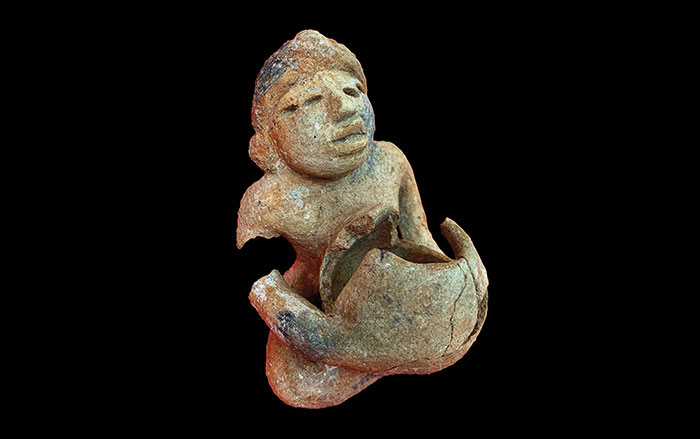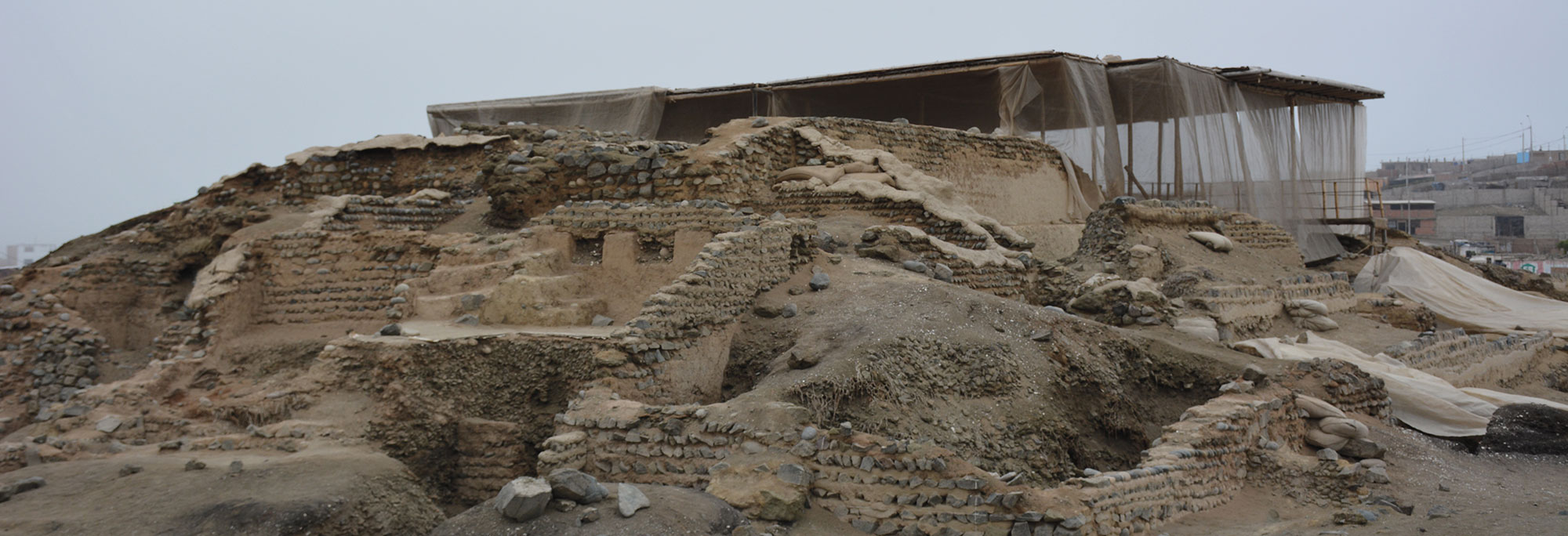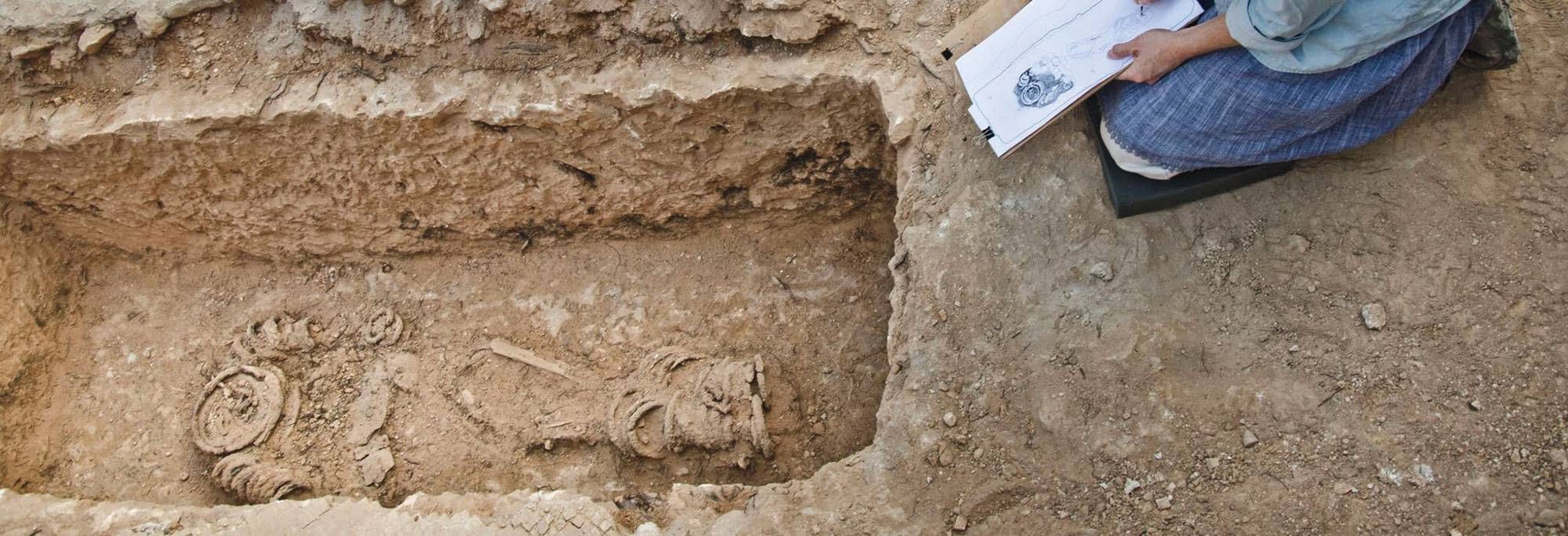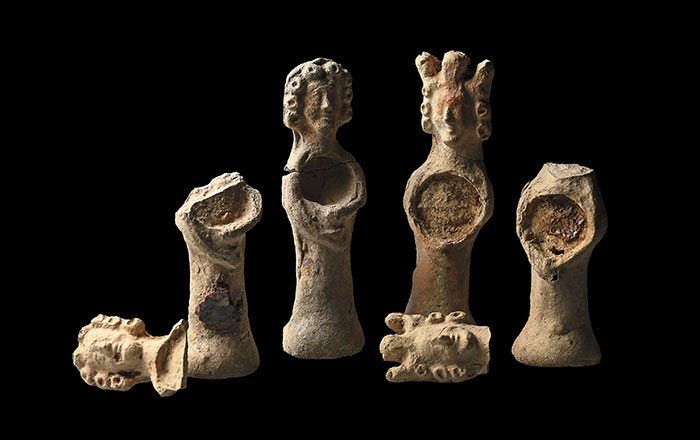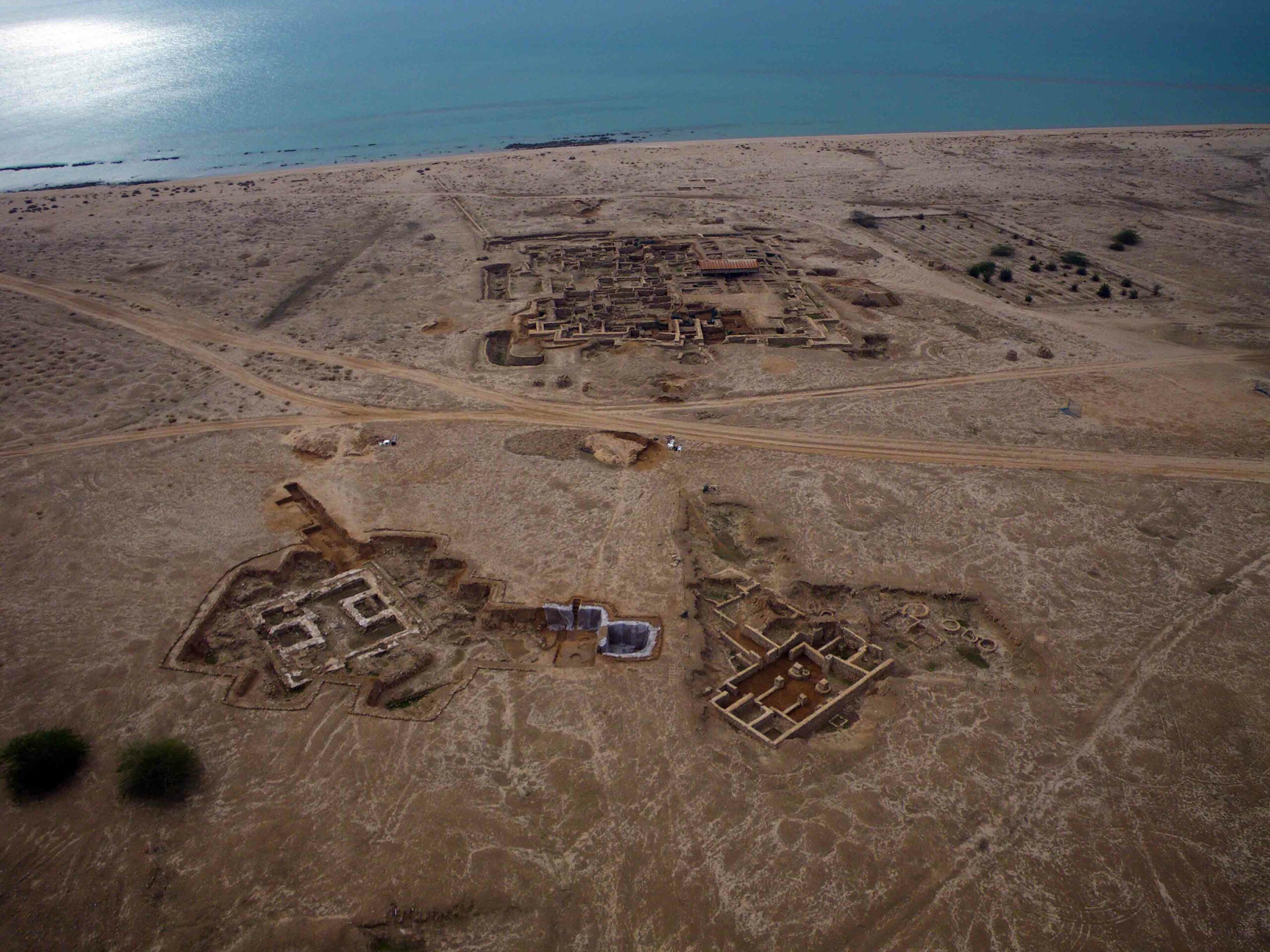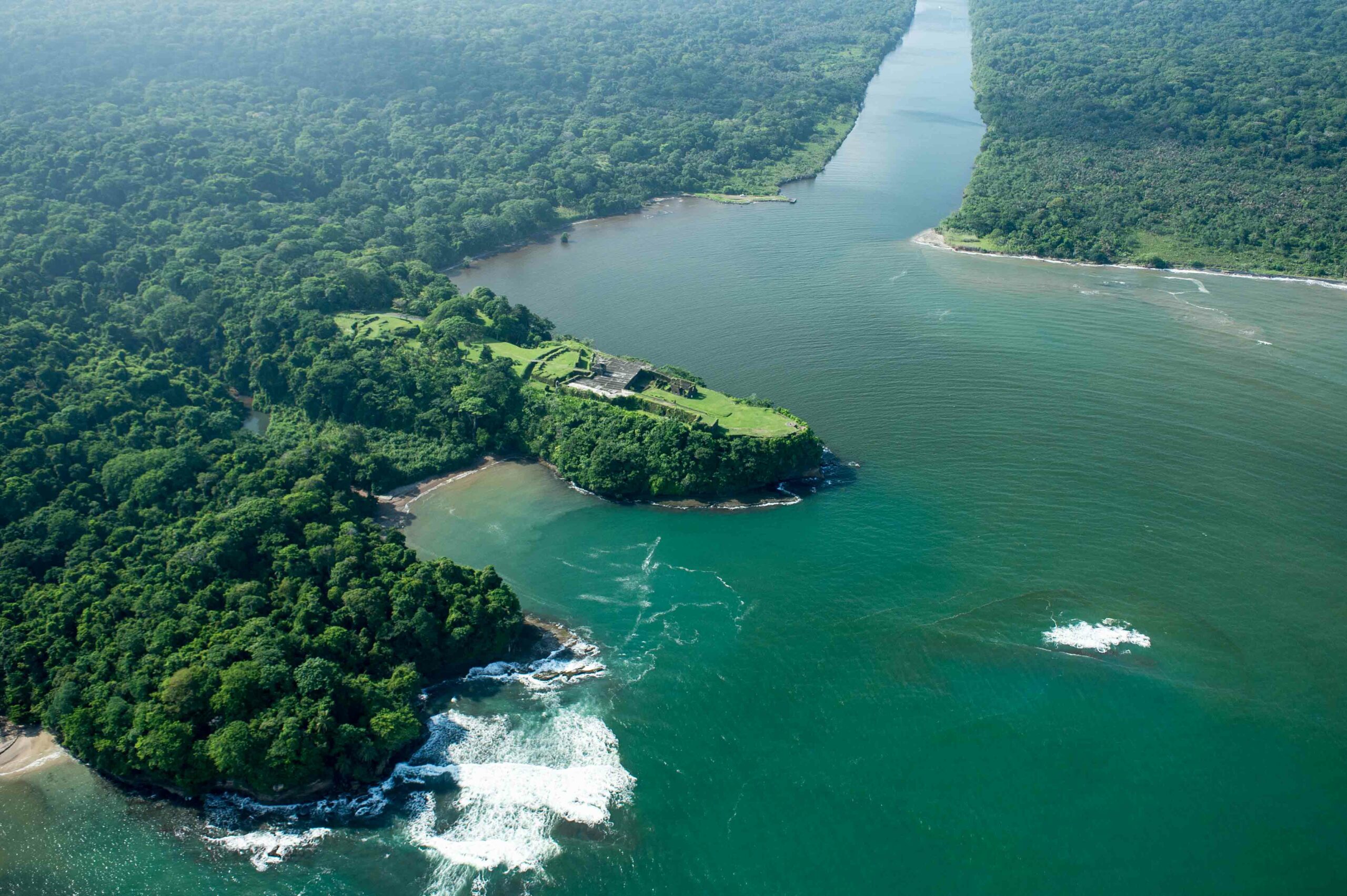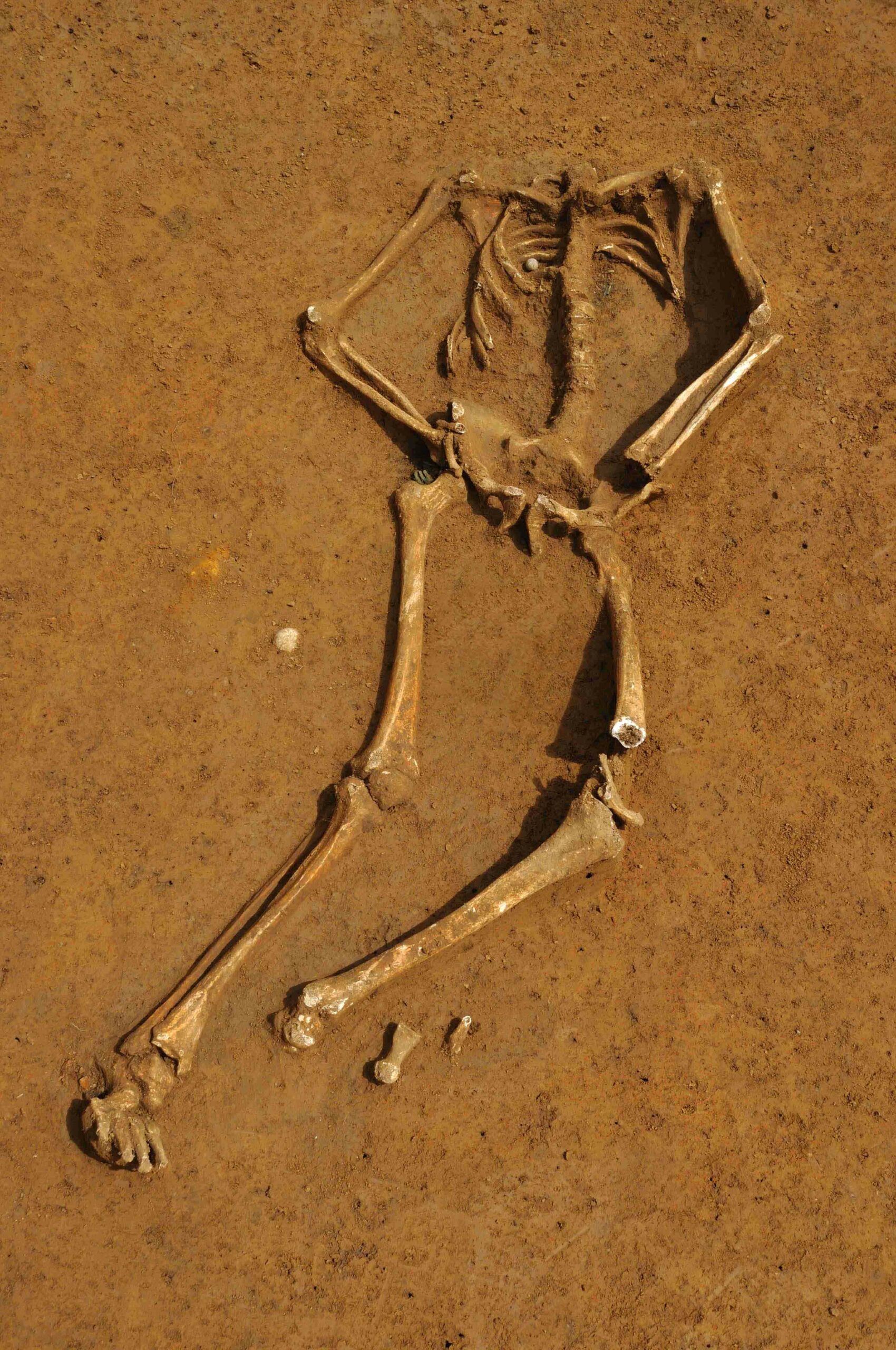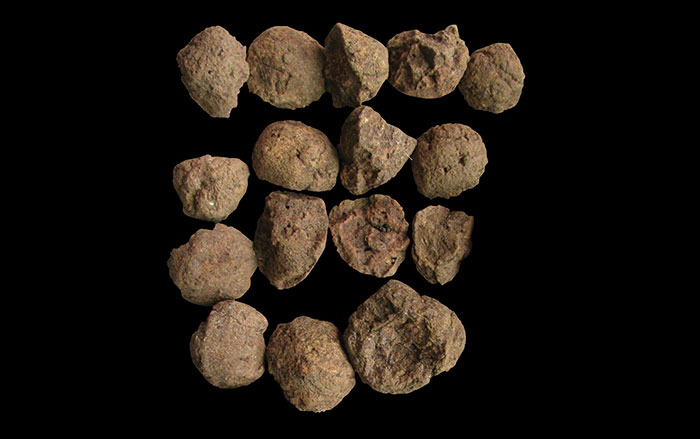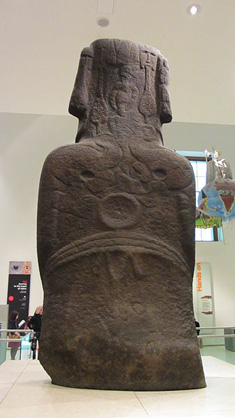
LONDON, ENGLAND—Archaeologist Mike Pitts and scientists from the University of Southampton used digital imaging technology to record and analyze the carvings on the surface of the Hoa Hakananai’a statue from Easter Island, which is housed at the British Museum. This particular statue is thought to have been created around A.D. 1200 A.D., and then moved to a stone hut and intricately carved with motifs around 1600, at a time when the religious beliefs of the Rapa Nui were shifting to the cult of the birdman. “The Hoa Hakananai’a statue has rarely been studied at first hand by archaeologists, but developments in digital imaging technology have now allowed us to examine it in unprecedented detail,” said Graeme Earl of the university’s Archaeological Computing Research Group.


